Visiting and Volunteering are great ways of learning about permaculture through an immersive and practical experience. They can be brilliant fun too and a means to meet other inspiring permaculture people.
Whether you are passionate about agro-forestry, no dig gardening, orchards, seed saving, eco building or finding the perfect composting toilet, our network of Permaculture projects and LAND centres has something to offer you!
Finding a project to volunteer with can provide you with new skills, lead to new work opportunities, build your confidence and inspire you to create your own permaculture project or business.
Why not take a look at our new, interactive projects and LAND map, read about some of our inspiring network projects and use it to plan your visit or to find a project to volunteer at? You can also find out about volunteering opportunities on our opportunities page.
Lena is a long term volunteer at Edibles, a market garden and LAND Centre in Marsden, near Huddersfield. Watch this video to find out about her experience and why volunteering has been such a valuable experience for her.
https://youtu.be/3oPoom4peJY
What Types of Visiting and Volunteering Opportunities are there?
My Green Community- From the 1st-30th September, many of our network projects are running open days, events and workshops for you to join in with. Check out our event listings for a My Green Community event in your area.
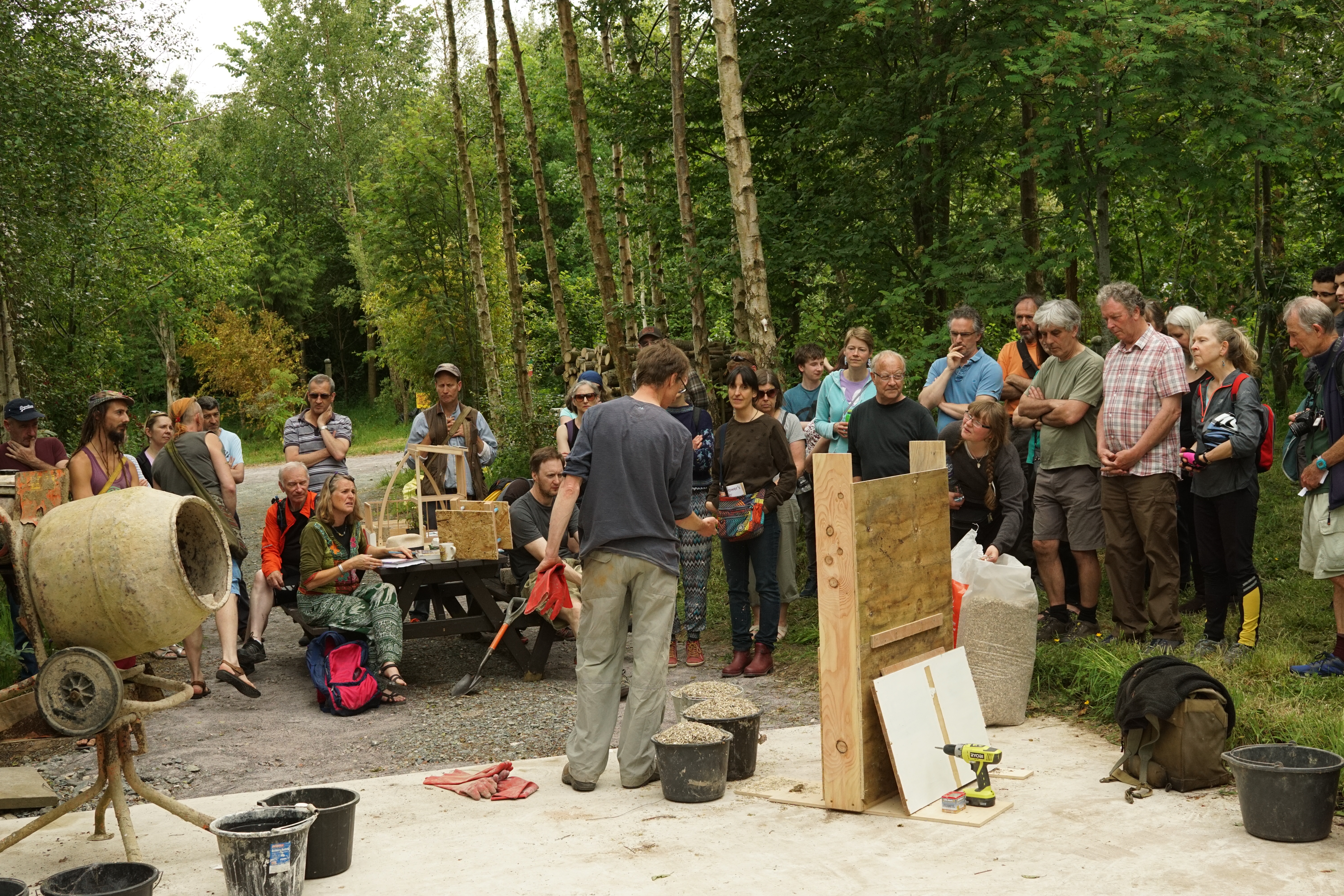 Short Visit
Short Visit- Our LAND centres all host open days during the year so that you can have an experience of practical permaculture. You may also choose to arrange your own visit. It will most likely involve a site tour with an explanation of some of the project features. Bear in mind that it can take a lot of time and energy for projects to show you around, so be prepared to make a contribution. Click on the
profile of the project you are interested in and head to their website to find out about current events and opportunities.
Eco Holiday- Some of the permaculture projects on our map also have a campsite, glamping or eco-holiday lets. This way you can have a relaxed immersive experience and only help out at the level that works for you. Ask your host about how you can get involved during your stay.
Regular Volunteer Day- A lot of community projects host a regular volunteer day, either on a weekly or monthly basis. This is perfect for people who want to make a longer term commitment to support a project in their area. You can find out about these on our
Projects and LAND project profiles.
Volunteer Week- Some of the larger projects in our network host a volunteer week, often in the hotter months. This can be a great way to get a lot of work done in a short period of time. Its a great opportunity to meet a bunch of like minded people, to eat, work and hang out together. This will generally involve camping or fairly basic facilities.
 Short/ Long Term Volunteering Opportunity
Short/ Long Term Volunteering Opportunity- These can range from a long weekend up to becoming part of the project community on a long term basis. You can arrange this opportunity yourself or use one of the many excellent organisations who set up volunteer placements between hosts and volunteers such as
Wwoof,
HelpX and
Workaway.
Internship- This is usually a longer term volunteering opportunity that may involve a particular area of study or learning programme. This is a great option if you are wanting to pick up a particular skillset to establish your own project or business. You can find out which of our projects offer internships on our
opportunities page.
Short Term Paid Position- It may be that some projects are willing to offer money for some of your work. This is generally for skilled workers, people who are taking on a greater area of responsibility or seasonal workers such as fruit pickers. Make sure you have clearly negotiated the terms of your contract before you start.
Our Six Top Tips for Visitors and Volunteers
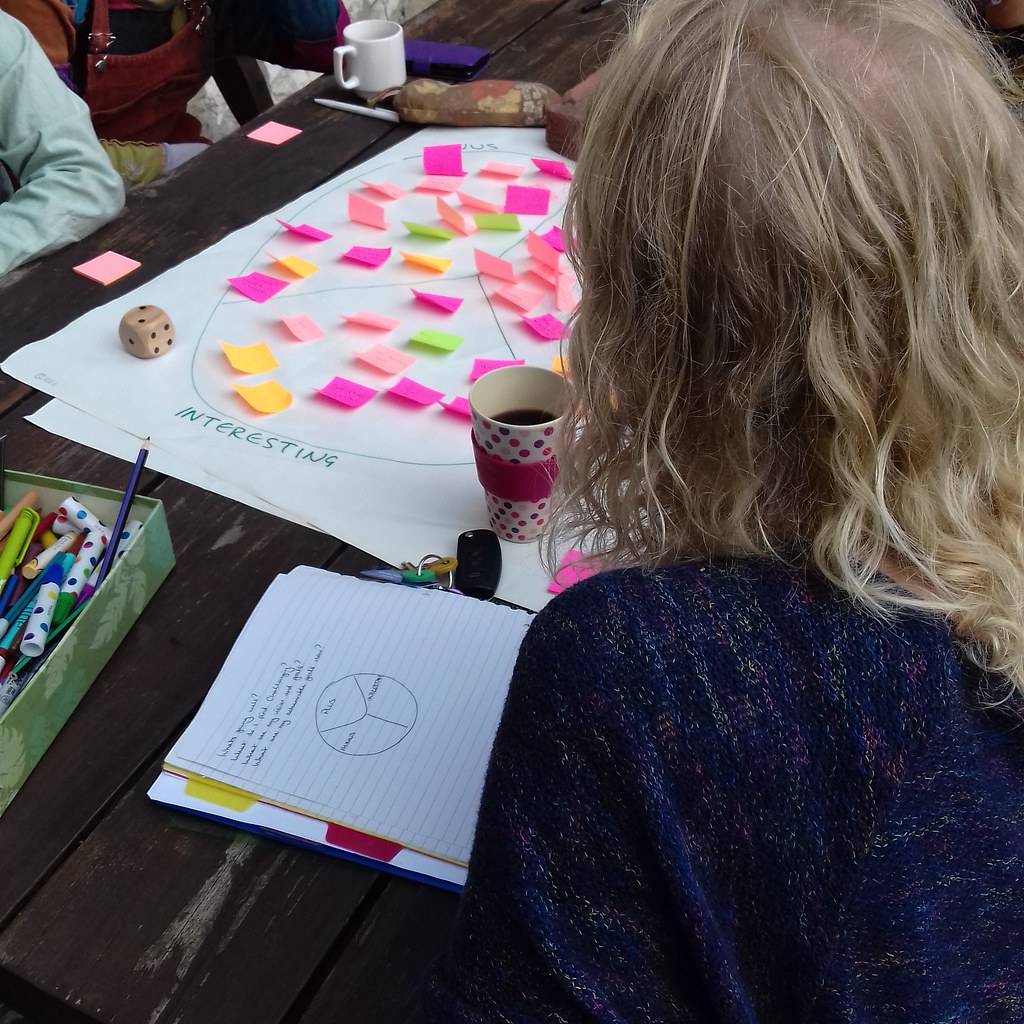
1. Read up on the project
Do a bit of background research on the project to make sure you understand what they do and how you can visit them. Find the project on our Projects map, contact them via their website or social media to find out more about their work and facilities. Alternatively drop them an email or give them a ring to find out what they are offering.
2. Arrange your visit beforehand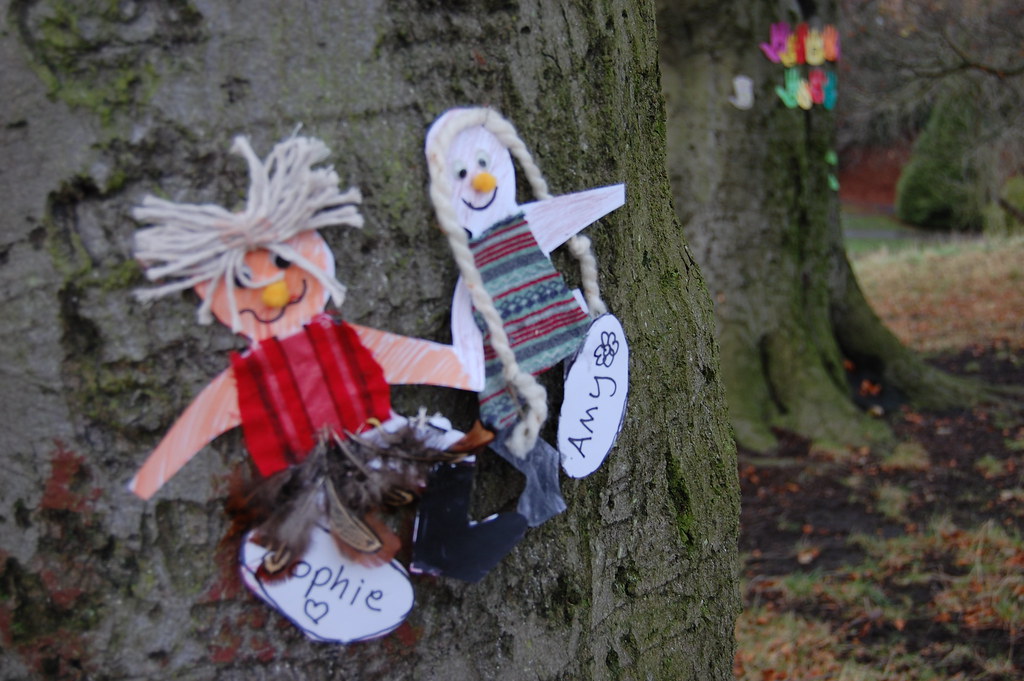
Many projects have set days/ times when you can visit, so make sure that you have aranged your visit beforehand to ensure they are open! Do not turn up without arranging it first unless you know that they have an open door policy, a set volunteering day or are running an open day. Dont forget to look at our events, courses and opportunities pages to find out ways to participate.
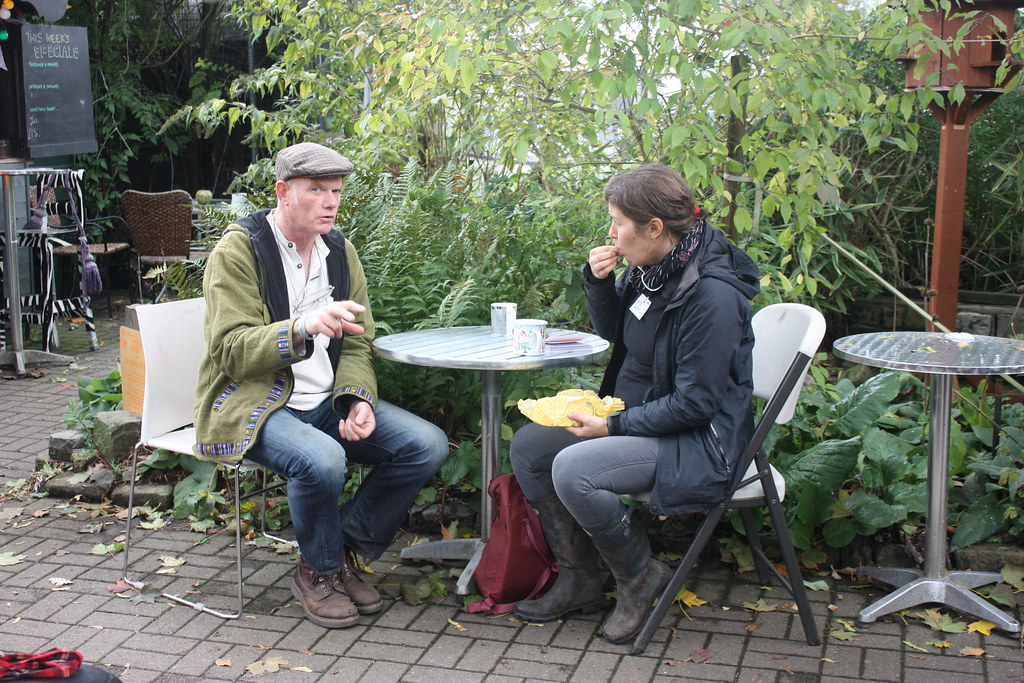 3. Find out what to expect
3. Find out what to expect
If you are staying with the project as a volunteer, you need to know what’s on offer, so that you can manage your expectations and so that you and your host feel safe and supported. Here are some questions that you may want to ask before you visit:
What do you hope to get out of the experience?
How long is your visit for?
How many hours per day are you expected to work?
When do you have breaks/ time off?
What food/ refreshments are provided?
What accomodation/ amenities are provided?
What are the communal spaces/ facilities and what is private?
What resources are available to you? (transport/ entertainment/ equipment/ wifi?)
Will there be any payment for your work? If so, how much?
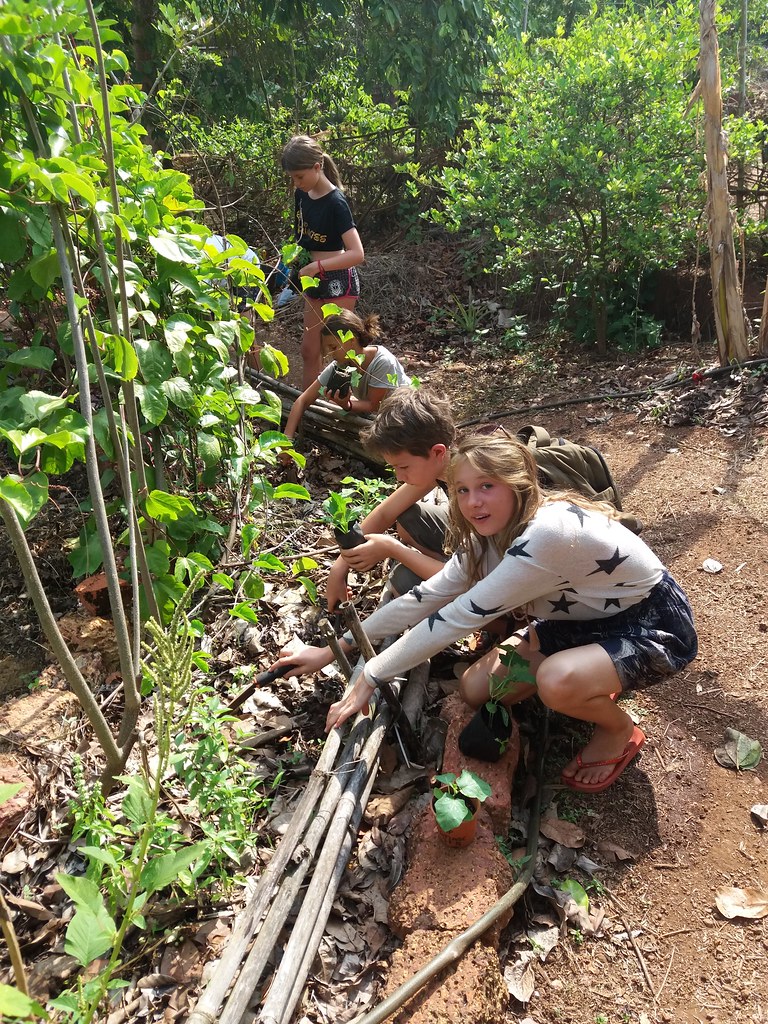
4. Accessibility
Do you have any special requirements that need to be taken into consideration when you arrange a visit? Some of the projects in our network may be able accommodate a range of needs, wheras others may not. If it’s not clear from their website, contact the project owner to discuss accessibility. Some considerations might be:
- Is the site wheelchair accessible or suitable for someone with mobility issues?
- Is the site able to accomodate children?
- Do the hosts have the capacity to work with vulnerable adults or people with additional needs?
- What special dietary requirements can be catered for?
- What type of work is expected of volunteers?
- Which pronouns do you want to be addressed by?
- Will there be other volunteers/ women/ children on site?
- Is accommodation shared or private?

5. Safety
Making sure that you are safe when you visit a project is of the utmost importance. You and your your hosts are responsible for safety onsite. Be honest about your level of experience, ability and competence with regards to work on site. Never take on a job that you feel uncomfortable with or that you feel may be dangerous. All projects who accept visitors or volunteers should have public liability insurance and a risk assessment in place, but you might want to check with them if this is the case. Here are some of the things that are considered good health and safety practice:
Volunteer questionnaire/ interview to assess competency
Site tour and induction, including any high risk areas
Volunteer handbook
Location of the fire assembly point/ first aid kit
Trained first aider on site
Appropriate training and supervision for on site tasks
Appropriate clothing/ protective equipment available if required
Training to use on site equipment
Contact person at project if the volunteer has any problems
Whether there is a telephone/ good phone reception on site
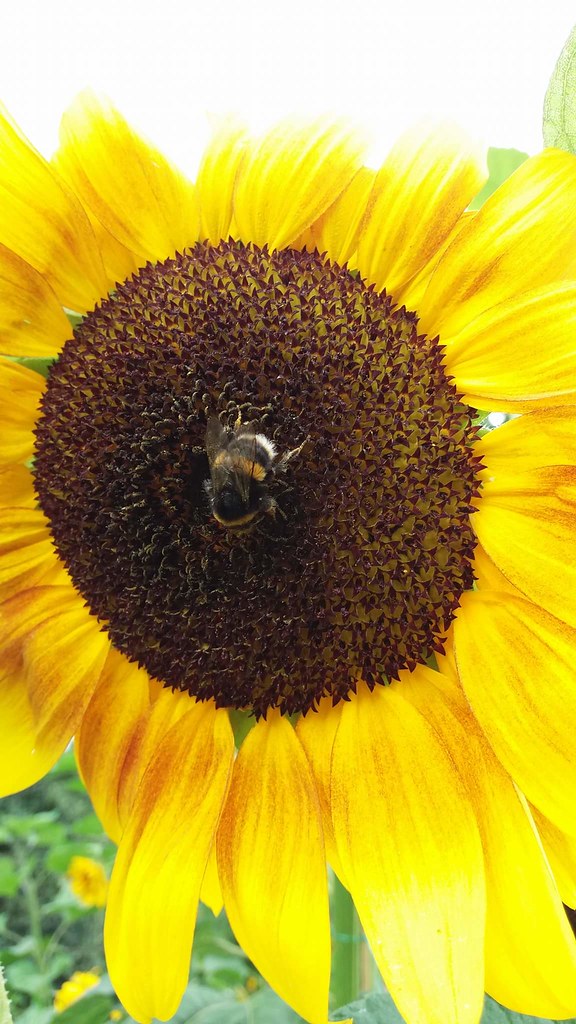
6. Give Feedback
We love to know how you found your visit. Share feedback directly with the project or send it to our Projects Coordinator. Permaculture is rooted in accepting feedback and listening to others; our projects are inspired by your feedback and experience. If you've had a great time, be sure to let them know.
Mostly stays go well and both hosts and visitors feel rewarded by the experience, but it doesn't always go that way. Let your host know immediately when problems arise. Misunderstandings can be resolved quickly by flagging them.
If you feel that there are issues at any project that you feel puts you or others in imminent danger or are experiencing extremely innapropriate or threatening behavior, report this to the hosts and the relevant authorities if necessary. If you have serious concerns and have found this opportunity through our Projects and LAND map, please get in touch with our Projects and LAND Co-ordinator and they will look into it for you.
We hope you enjoy your visiting and volunteering experience. If you have visited one of the projects on our Projects and LAND map, we'd love it if you would share your exeriences on our blog.
Contact us to find out more about this opportunity.